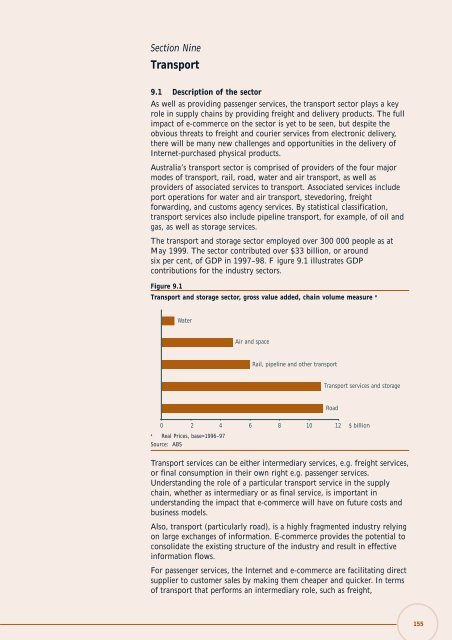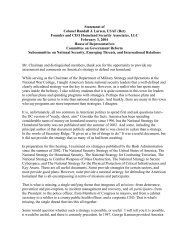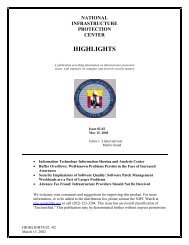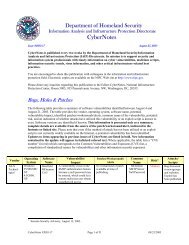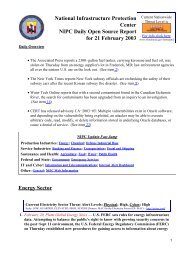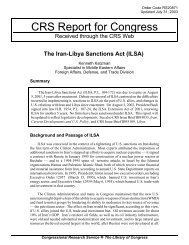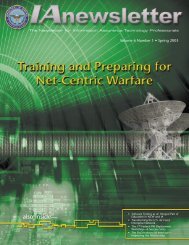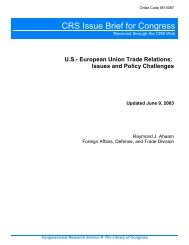beyond pt 0 23/1
beyond pt 0 23/1
beyond pt 0 23/1
Create successful ePaper yourself
Turn your PDF publications into a flip-book with our unique Google optimized e-Paper software.
Section Nine<br />
Transport<br />
9.1 Descri<strong>pt</strong>ion of the sector<br />
As well as providing passenger services, the transport sector plays a key<br />
role in supply chains by providing freight and delivery products. The full<br />
impact of e-commerce on the sector is yet to be seen, but despite the<br />
obvious threats to freight and courier services from electronic delivery,<br />
there will be many new challenges and opportunities in the delivery of<br />
Internet-purchased physical products.<br />
Australia’s transport sector is comprised of providers of the four major<br />
modes of transport, rail, road, water and air transport, as well as<br />
providers of associated services to transport. Associated services include<br />
port operations for water and air transport, stevedoring, freight<br />
forwarding, and customs agency services. By statistical classification,<br />
transport services also include pipeline transport, for example, of oil and<br />
gas, as well as storage services.<br />
The transport and storage sector employed over 300 000 people as at<br />
May 1999. The sector contributed over $33 billion, or around<br />
six per cent, of GDP in 1997–98. F igure 9.1 illustrates GDP<br />
contributions for the industry sectors.<br />
Figure 9.1<br />
Transport and storage sector, gross value added, chain volume measure a<br />
Water<br />
Air and space<br />
Rail, pipeline and other transport<br />
Transport services and storage<br />
Road<br />
0 2 4 6 8 10 12 $ billion<br />
a<br />
Real Prices, base=1996–97<br />
Source: ABS<br />
Transport services can be either intermediary services, e.g. freight services,<br />
or final consum<strong>pt</strong>ion in their own right e.g. passenger services.<br />
Understanding the role of a particular transport service in the supply<br />
chain, whether as intermediary or as final service, is important in<br />
understanding the impact that e-commerce will have on future costs and<br />
business models.<br />
Also, transport (particularly road), is a highly fragmented industry relying<br />
on large exchanges of information. E-commerce provides the potential to<br />
consolidate the existing structure of the industry and result in effective<br />
information flows.<br />
For passenger services, the Internet and e-commerce are facilitating direct<br />
supplier to customer sales by making them cheaper and quicker. In terms<br />
of transport that performs an intermediary role, such as freight,<br />
155


